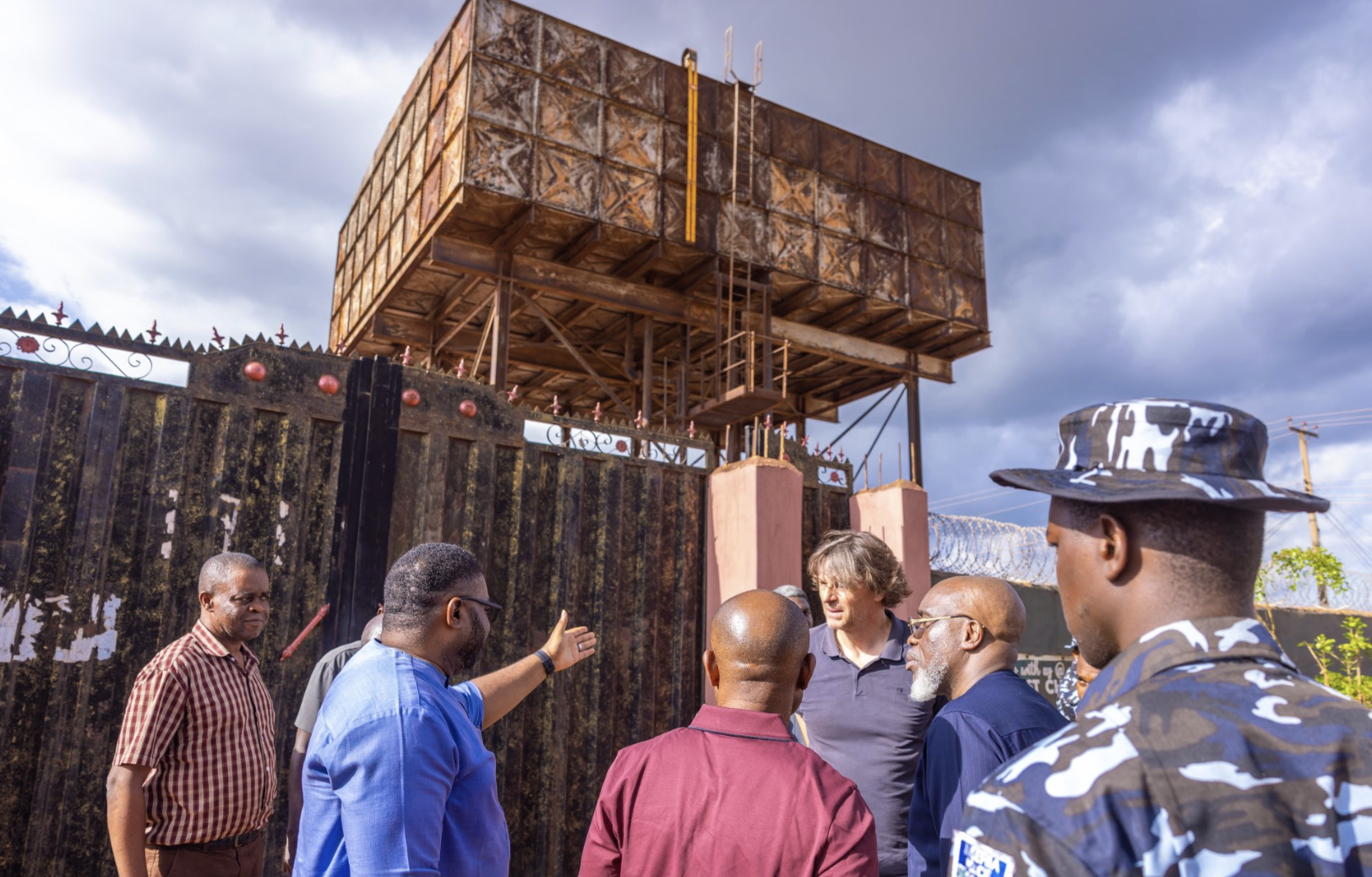
The Scarcity of Water in Enugu State: A Growing Concern
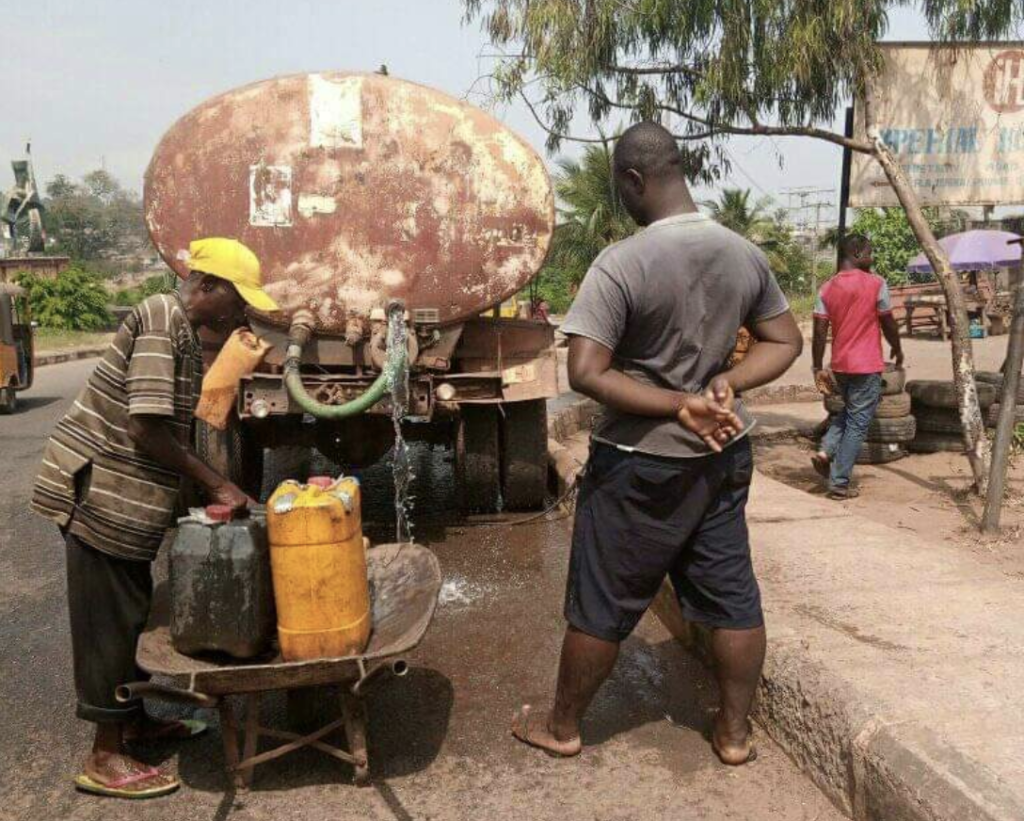
Introduction:
Water scarcity is a pressing issue affecting numerous regions around the world, including Enugu State in Nigeria. Enugu State, known as the “Coal City,” is located in the southeastern part of the country. While it may seem surprising that water scarcity is a problem in a region with abundant rainfall, several factors contribute to the challenge. This essay explores the causes, consequences, and potential solutions to the scarcity of water in Enugu State.
Causes of Water Scarcity in Enugu State:
- Rapid Urbanization: Enugu State has experienced significant population growth and urbanization in recent years. The increasing number of residents strains the existing water infrastructure, resulting in inadequate supply for the rising demand.
- Aging Water Infrastructure: The water supply infrastructure in Enugu State has not kept pace with the growing population and urban development. Many pipes and distribution networks are outdated and prone to leaks, leading to significant water losses.
- Inadequate Investment: Limited investment in water supply and sanitation infrastructure has hindered the expansion and maintenance of water resources in the state. Inadequate funding has made it difficult to upgrade infrastructure and implement sustainable water management practices.
- Climate Change: Climate change impacts, including irregular rainfall patterns and prolonged droughts, exacerbate water scarcity in Enugu State. These changes disrupt the natural water cycle, leading to reduced water availability for both agricultural and domestic purposes.
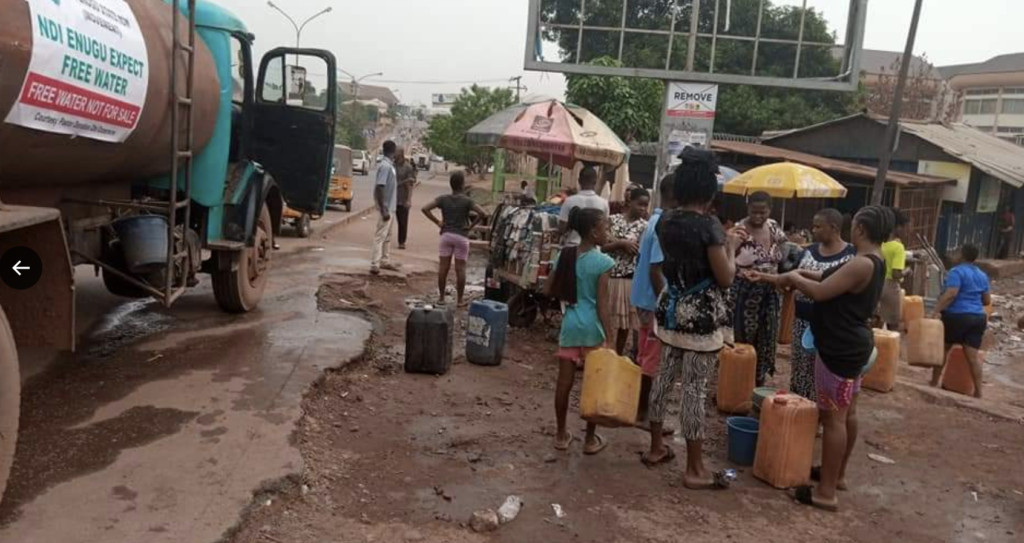
Consequences of Water Scarcity:
- Health Risks: Insufficient access to safe and clean water sources exposes communities to health risks. Lack of water for proper sanitation and hygiene practices contributes to the spread of waterborne diseases such as cholera, typhoid, and diarrheal illnesses.
- Economic Impact: Water scarcity hampers economic activities in Enugu State. Agricultural productivity suffers as farmers struggle to irrigate their crops adequately. Industries and businesses face challenges in maintaining operations, affecting employment opportunities and economic growth.
- Social Disparities: Water scarcity disproportionately affects vulnerable populations, including women and children. They bear the burden of traveling long distances to collect water, which often results in reduced educational and economic opportunities.
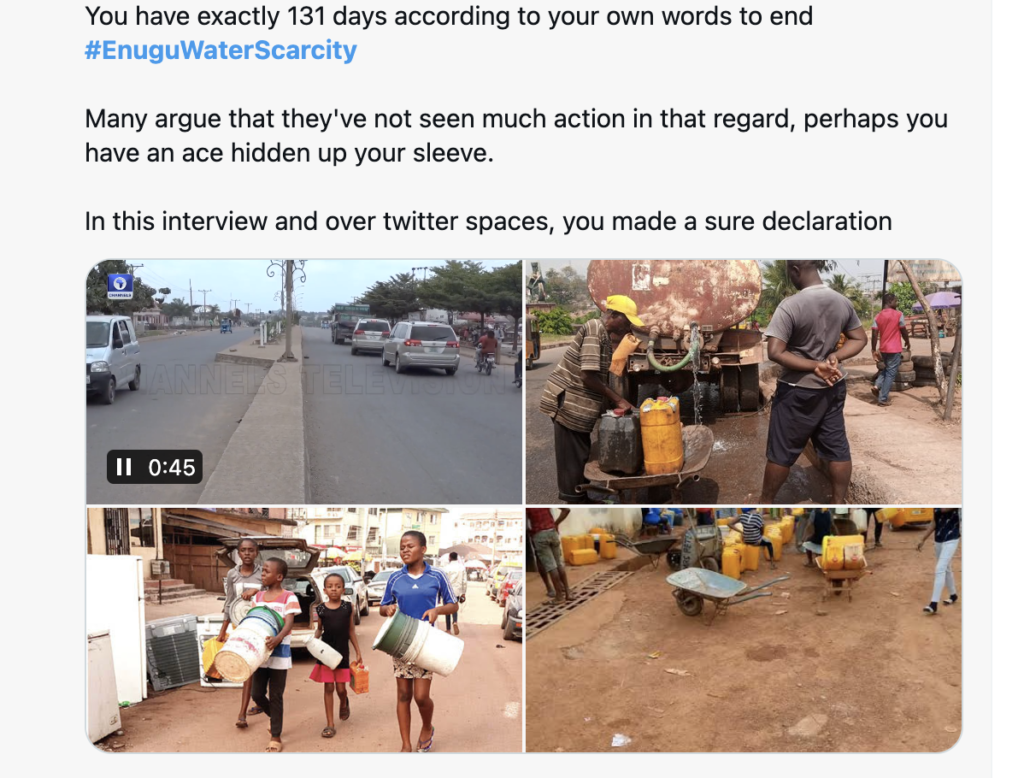
Potential Solutions:
- Infrastructure Development: Upgrading and expanding the water supply infrastructure in Enugu State is crucial. Investment in pipelines, treatment plants, and storage facilities can improve water distribution and reduce losses from leaks.
- Rainwater Harvesting: Promoting rainwater harvesting techniques at the household and community levels can provide alternative water sources during periods of scarcity. These systems collect and store rainwater for various domestic uses.
- Water Conservation and Management: Implementing water conservation measures, such as efficient irrigation techniques, can reduce water wastage in agriculture. Public awareness campaigns about responsible water usage and the importance of water conservation are also essential.
- Groundwater Exploration: Conducting systematic studies to explore and tap into underground water sources can provide a sustainable solution to water scarcity. Proper management of groundwater resources is crucial to ensure their long-term viability.
- Government Policies and Collaboration: Enugu State government should prioritize water resource management and enact policies that support sustainable water practices. Collaboration with local communities, non-governmental organizations, and international partners can bring expertise and resources to address water scarcity effectively.
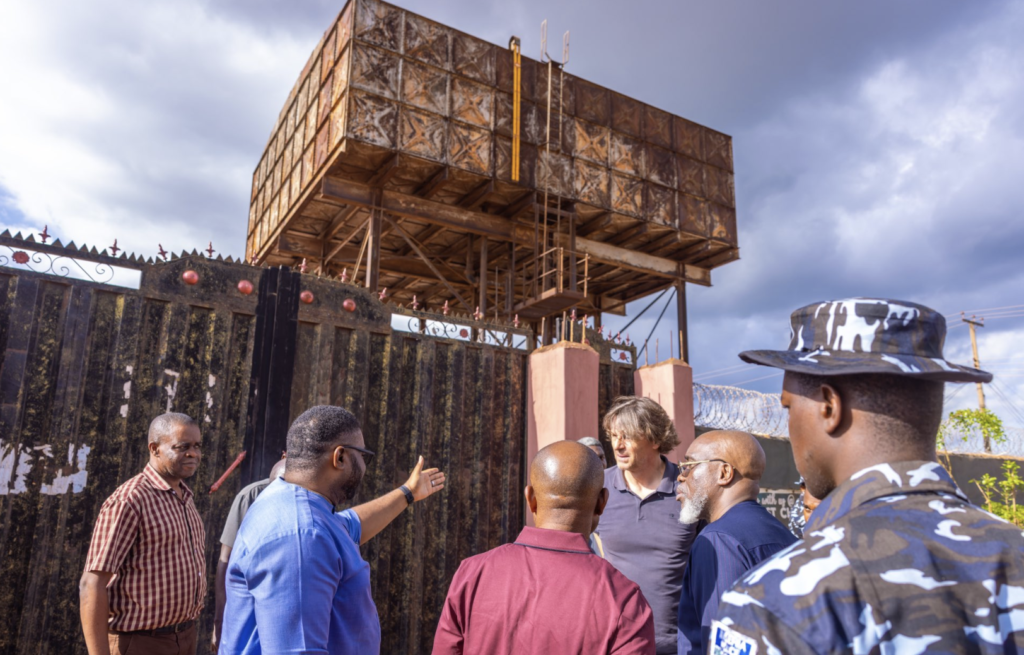
Conclusion:
The scarcity of water in Enugu State poses significant challenges to the well-being and development of its residents. Rapid urbanization, aging infrastructure, inadequate investment, and climate change contribute to this problem. However, with targeted efforts and a multi-stakeholder approach, it is possible to mitigate water scarcity. By investing in infrastructure, promoting water conservation practices, exploring alternative water sources, and implementing sound policies, Enugu State can strive towards ensuring access to clean and sustainable water for all its inhabitants. Addressing the water scarcity issue will not only improve the quality of life but also drive economic growth and social well-being in the state.










